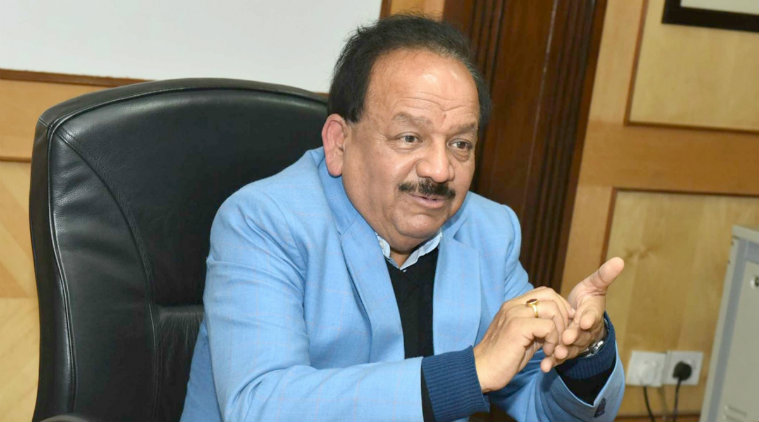
Bill in Lok Sabha for use of DNA technology to crack tough criminal cases
The bill seeks to establish a national DNA data bank and regional DNA databanks which shall store and maintain the DNA profiles in accordance with provisions related to use and access of information, its retention and its expunction.

The bill has provisions to enable cross-matching between persons who have been reported missing and unidentified dead bodies found in various parts of the country. (Image: IANS)
A bill was introduced in the Lok Sabha on Thursday for expanding the use of DNA-based forensic technology to crack difficult criminal cases such as rape, murder and human trafficking and establish identities of unclaimed dead bodies and victims of disasters. The proposed law will support and strengthen the justice delivery system in the country. Union Minister for Science and Technology Harsh Vardhan introduced the DNA Technology (Use and Application) Regulation Bill, 2018, which provides for mandatory accreditation and regulation of DNA laboratories.
Addressing the concerns of some opposition members, he said the bill has been examined by an expert committee. The bill has provisions to enable cross-matching between persons who have been reported missing and unidentified dead bodies found in various parts of the country and for establishing the identity of victims in mass disasters. It seeks to ensure that the DNA test results are reliable and the data is protected from misuse or abuse in terms of the privacy rights.
The bill seeks to establish a national DNA data bank and regional DNA data banks which shall store and maintain the DNA profiles in accordance with provisions related to use and access of information, its retention and its expunction. Forensic DNA (Deoxyribonucleic Acid) profiling is of proven value in solving offences related to human body such as murder, rape, human trafficking, or grievous hurt, besides theft, burglary and dacoity.According to the National Crime Records Bureau (NCRB) Report 2016, aggregate incidence of such crimes in the country is in excess of three lakh per year. Officials said that at present a very small proportion of these crimes are subjected to DNA testing. They said expanded use of DNA testing technology in these categories of cases would result not only in speedier justice delivery but also in increased conviction rates, which at present is only around 30 per cent.
source:-indianexpress.

 SHARE
SHARE


